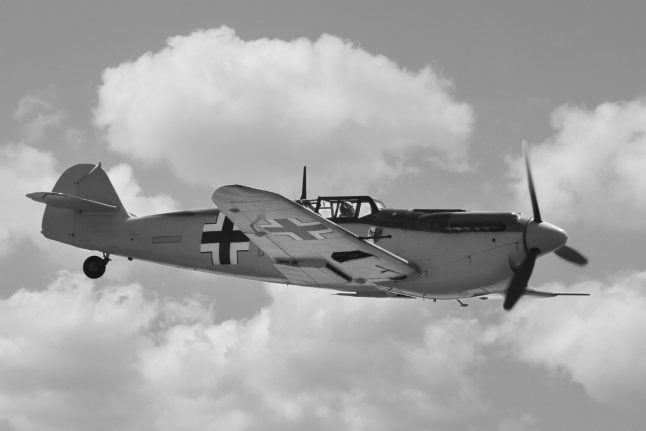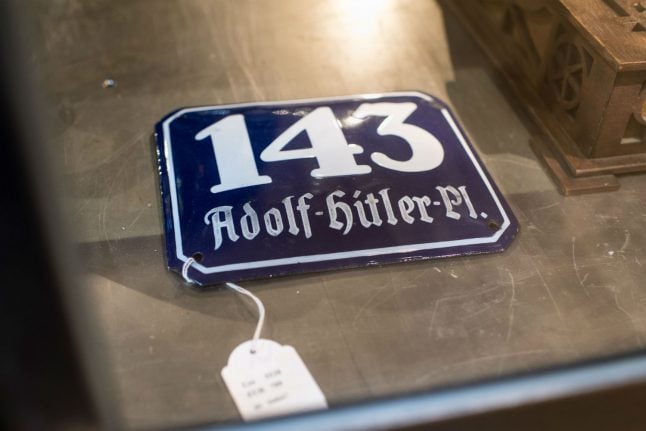Pilot Hans Wunderlich was 19 years old when his fighter plane crashed over the Danish village of Birkelse.
The wreckage of the aircraft and the pilot's remains were discovered earlier this month by a local schoolboy and his father walking through fields near their home.
German national information office Deutsche Dienststelle told local news media Nordjyske that authorities had been unable to locate either serial numbers on the aircraft’s fuselage or the identity tags the pilot would have been wearing around his neck.
But the Berlin organisation was eventually able to identify the young man using a soldier’s log book and a hand-written name on the cover of a food coupon booklet recovered from the crash site.
Hans Wunderlich, 19 at the time of the crash, was born in Neusorg, a small town in the state of Bavaria, around 200km north of Munich, on July 22nd 1925.
The crash happened on October 10th 1944, according to German archives, which record a “deadly crash in marshy terrain. Excavation work was postponed, since this was in vain.”
The aircraft would not be excavated until Danish schoolboy Daniel Rom Kristiansen found it using a metal detector over 70 years later.
The pilot’s death was officially recorded on March 5th 1945 at Holenbrunn City Hall, in the municipality where Wunderlich’s father, also called Hans Wunderlich, lived.
Wunderlich’s parents died many years ago and the young pilot was unmarried with no children. His only sibling, a sister, died in 2006, also without children.
With no surviving close relatives or ancestors, authorities were left with no family members to inform of the discovery of pilot and aircraft, Lieutenant Colonel Hans Söchtig of Deutsche Dienststelle told Nordjyske.
Wunderlich’s remains are currently being kept at Aarhus University’s Department of Forensic Medicine. The German War Graves Commission (Volksbundes Deutsche Krigsgräberfürsorge) in Kassel, which is responsible for burying Second World War soldiers, will make the decision on the pilot’s final resting place.
He is “likely to be laid to rest at a war cemetery in Denmark,” Söchtig told Nordjyske.



 Please whitelist us to continue reading.
Please whitelist us to continue reading.